Where Research, Communities, and Oceans Thrive
We Have Just Begun
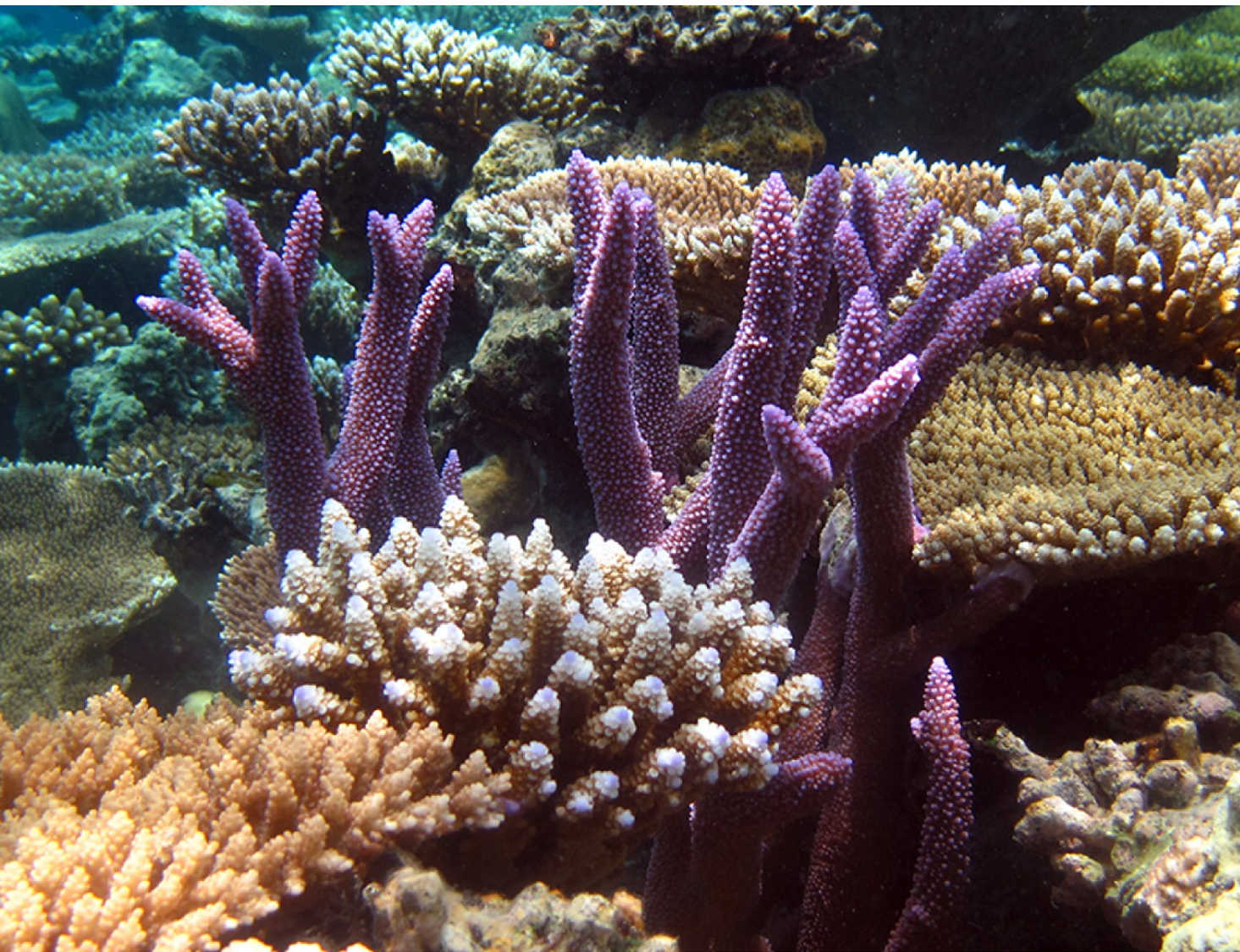
The Timor-Leste Marine Research Institute is just getting started on an exciting journey to establish a new centre dedicated to marine biodiversity, research, education and coastal community advocacy across the region.
Under the guidance of President José Ramos-Horta and our founding Board, we are aiming to be the preferred provider of research for our communities, decision-makers and partners.
There is still much to do. However, we are confident that through dedication and collaboration, we can build an institute that makes a meaningful contribution to the health and sustainability of our coastal and marine ecosystems.
Our Vision
Oceans are the lifeblood of our planet. Loss of diversity creates immeasurable risks beyond disrupting the marine food chain.
Poor stewardship of our oceans changes the interplay between climate change and food security, affecting the millions of people who depend on the oceans for their livelihood.
We must broaden and accelerate our knowledge of Timor-Leste’s marine environments and its interconnected ecosystems. This is essential if we are to return our oceans to a healthy, resilient state for future generations.
Our Mission
Our mission is to create an institute based in Timor-Leste that is founded on innovative and practical marine research, accessible education and broad-ranging advocacy. We aim to contribute to the unlocking of the interdependencies of our oceans and marine life.
Our goal is to create tangible change in the way interdependent marine ecosystems are managed and protected. We believe that by uniting knowledge and action, we can create a sustainable and resilient marine environment that benefits both the natural world and the millions of people whose lives are intertwined with the oceans.
Collaboration and Synergy
Since the early days of Timor-Leste’s independence, numerous international organisations and institutions (e.g. UCN, UNDP and World Wildlife Fund), have been actively engaged in marine research, conservation, and ecosystem management. Their work spans a wide range of topics, from biodiversity studies to coral reef restoration and sustainable fisheries management.
We recognise the immense value of this collective effort. By combining the knowledge, experience, and resources of these organisations, we aim to build a cohesive and comprehensive approach to understanding and preserving the seas and oceans of the region.

Directing our Future: Governance and Advisory
Effective leadership is paramount to achieving our vision and to this end, we are assembling a world-class team to collaboratively guide the Institute. They will serve as mentors and guides, overseeing all aspects of the Institute’s development.
Board: As the Inaugural Chair, President José Ramos-Horta brings invaluable insights developed through his passion for maritime and environmental conservation.
Executive Team: Acknowledging that our Institute is essentially a pioneer in its approach, we are assembling an innovative executive team. Their primary mission is to create an organisation dedicated to nurturing robust, solutions-oriented research and committed to furthering the ten principles of Ocean Stewardship.
Scientific Council: This will consist of local experts across marine science, policy, and education fields, ensuring cultural perspectives inform the Institute’s operations.

Our Home: Timor-Leste and the Coral Triangle
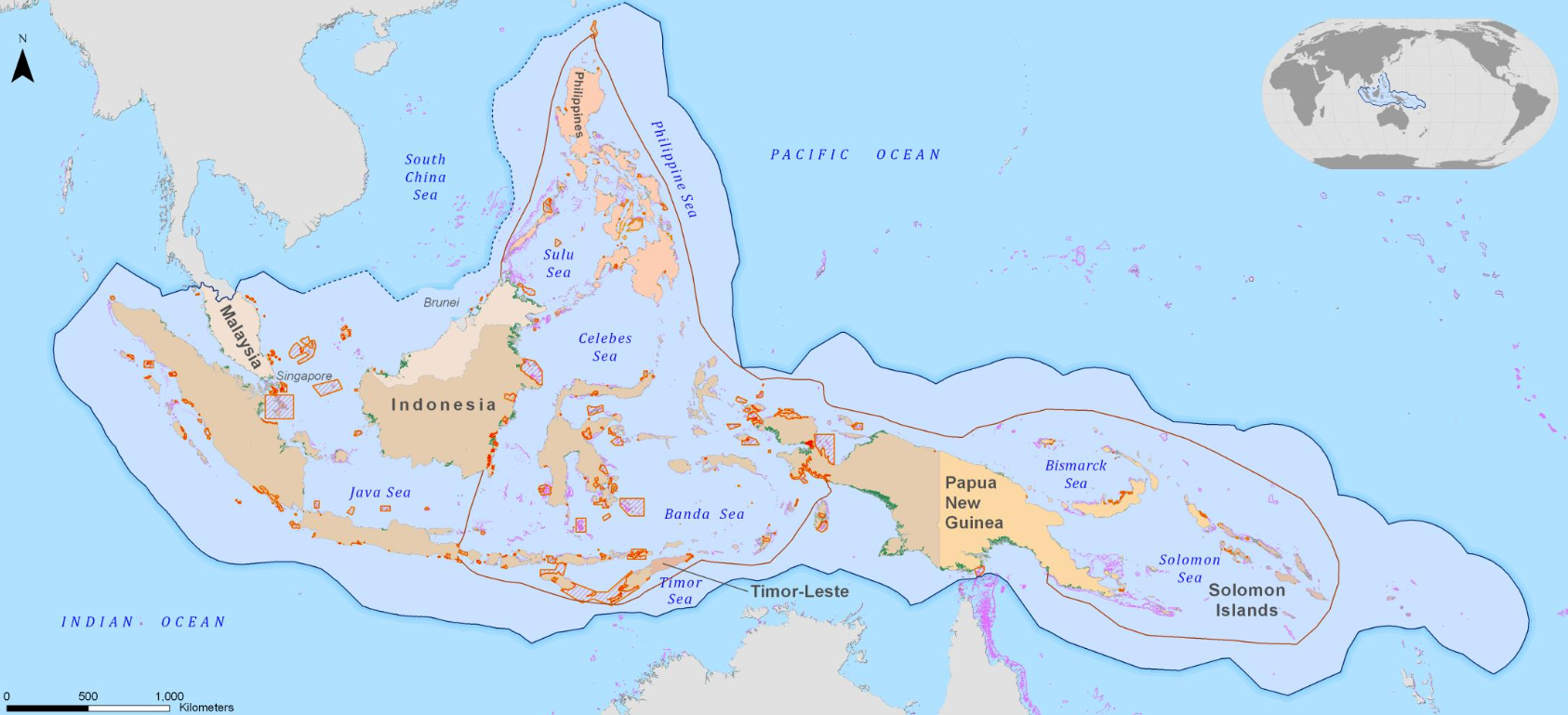
Spanning 5.7 million square kilometres across Timor-Leste, the Solomon Islands, and parts of Indonesia, Malaysia, the Philippines, and Papua New Guinea, the Coral Triangle is renowned for its rich marine biodiversity.
Timor-Leste has over 706 kilometres of coastline that borders the Timor Sea, Wetar and the Ombai Strait. With over 15% of its territorial waters designated as Marine Protected Areas (MPAs), it has the second-highest percentage of protected waters in the world, after Australia.
To preserve its marine ecosystems, Timor-Leste has implemented fishing regulations such as seasonal bans on catching turtles and restrictions on the use of destructive fishing practices such as dynamite and cyanide fishing.
The Institute will work collaborate with both the government and local communities to further protect their fishing grounds and improve fishing practices.
Interconnected: Oceans and Humanity
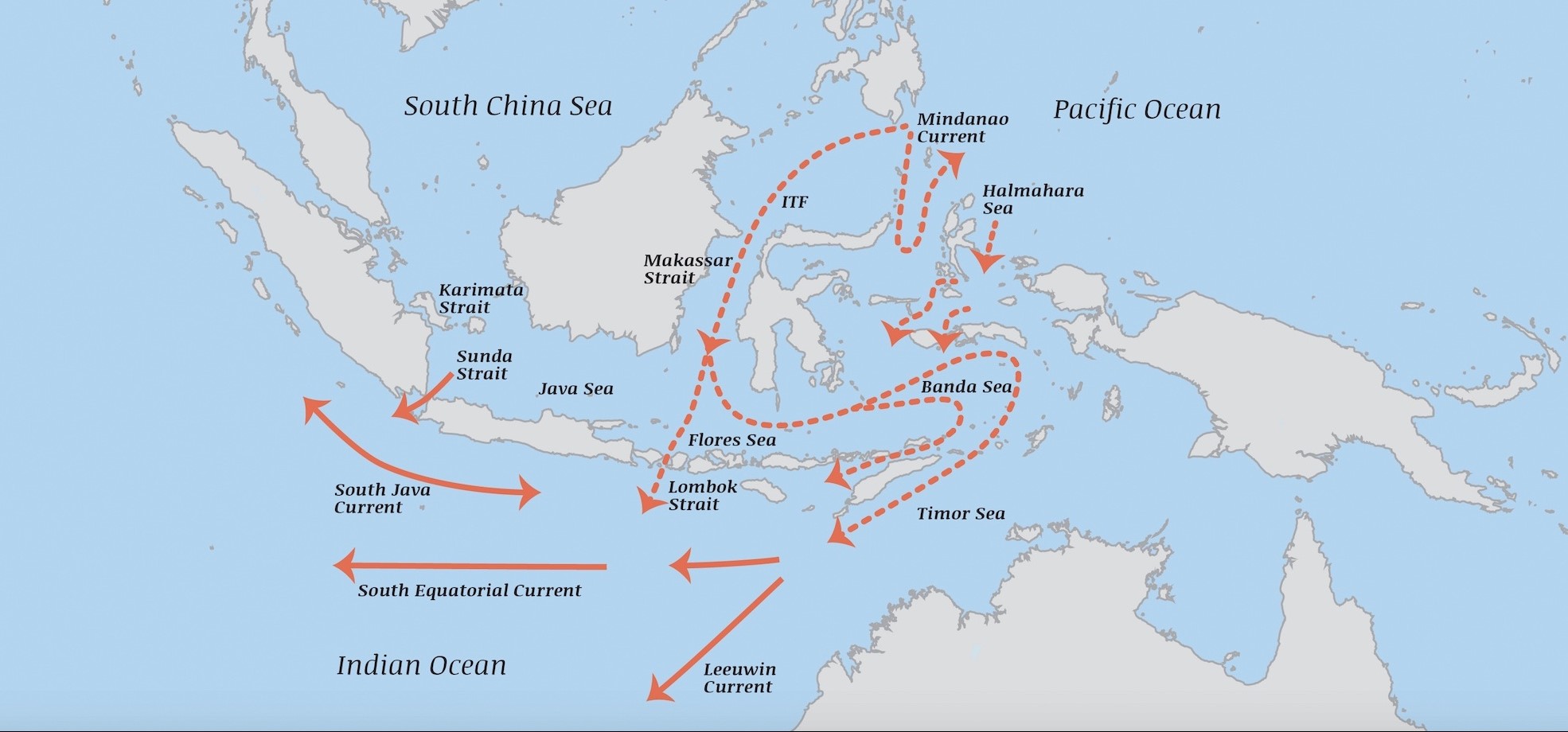
Our oceans are boundless and borderless. Linked by currents and the migratory patterns of marine life, the world’s seas and oceans operate as one vast, interconnected ecosystem. This global ecosystem allows all manner of fish, turtles, and pelagic fish to move north, south, east and west as seasons dictate.
However, human pressures like pollution, overfishing and climate change threaten this connectivity, disrupting migratory pathways and diminishing biodiversity.
As stewards of our oceans, we need to deepen our understanding of this interconnectivity, while protecting and managing marine systems sustainably.
Charting Our Course: Priorities & Objectives
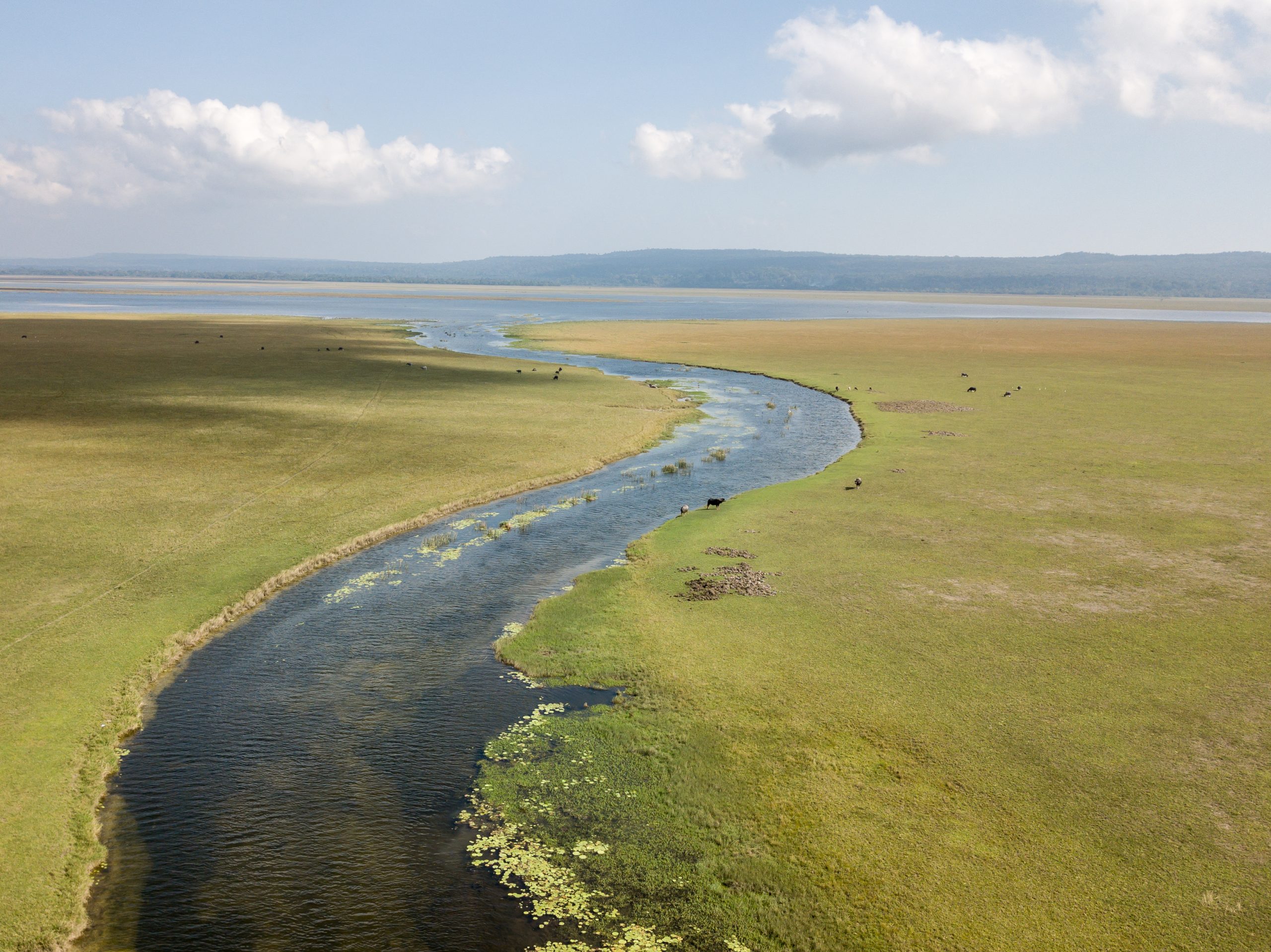
At the core of the Institute’s strategy lies a commitment to enhancing and expanding current marine research. We aim to support work that addresses critical knowledge gaps.
Our five priorities are:
- Biodiversity and Marine Protected Areas
- Climate Change and Land-Based Pollution
- Education and Training
- Ecotourism
- Sustainable Local Fishing Industry
Our focus is translating these priorities into concrete projects with practical applications, aligned with research in other regions.
Marine Biodiversity and Marine Protected Areas
One practical avenue of research lies in the conservation of species like the shortfin mako shark (Isurus oxyrinchus). Research topics may include:
Population: Understanding distribution, abundance, and migration patterns to assist in the management of MPAs.
Genetics: Exploring the diversity and connectivity of populations across the region.
Behaviour: Gaining insights into the reproduction, habitat preferences and social interactions.
Conservation: Developing and implementing strategies such as pupping sites, and size and catch limits.
Through such actionable research, our goal is to make tangible contributions to the sustainability of marine ecosystems within our MPAs and contribute to the global knowledge of this species.
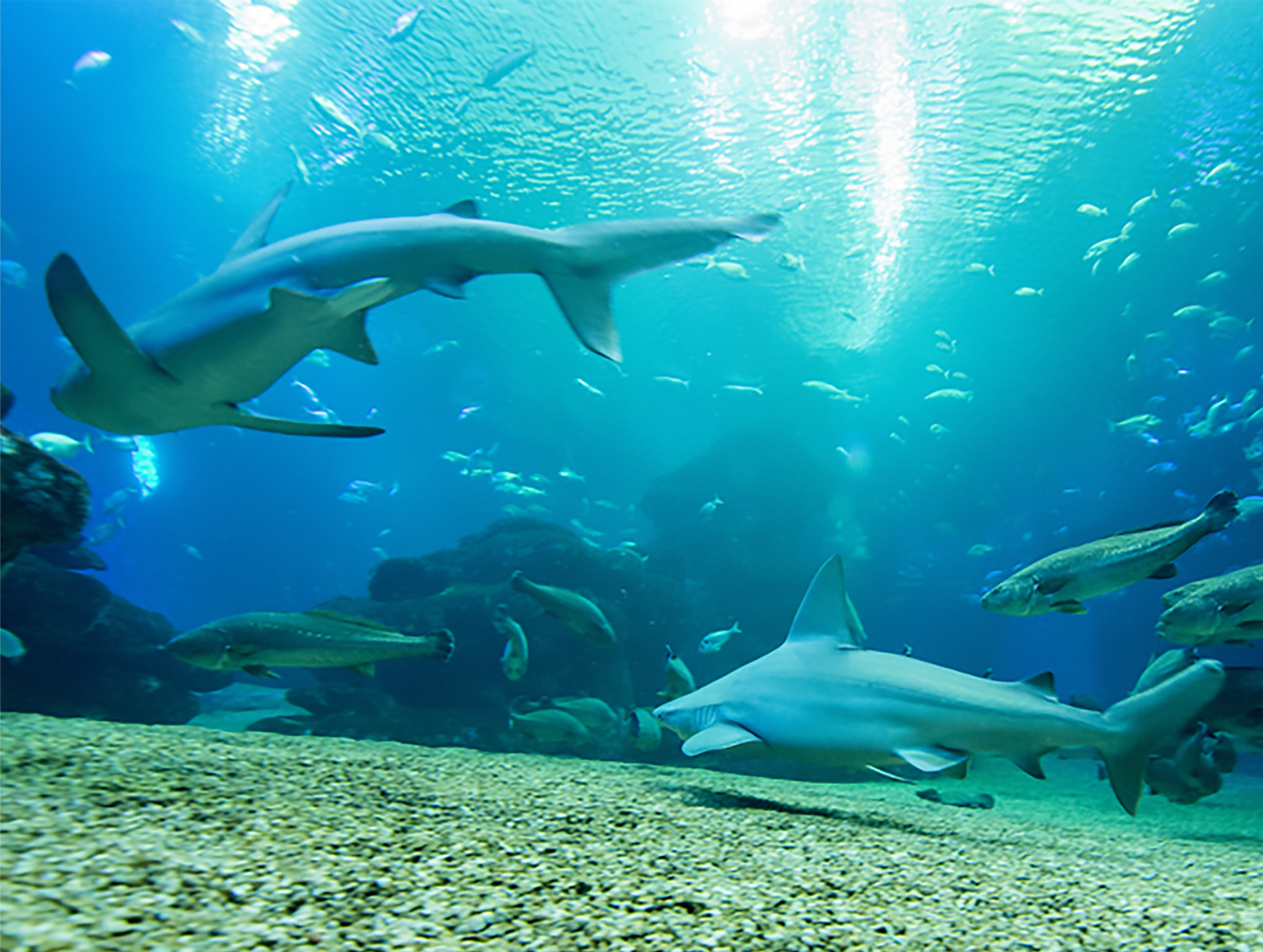
Climate Change and Land-Based Pollution

Given our Institute’s commitment to targeted research, our initial is likely to be the problem of plastic pollution in Timor-Leste’s waters. We will focus on:
Pollution Intervention Pathways: Mapping how plastics and other land-based pollution reaches our oceans.
Microplastics and Health: Investigating the impact on marine life and implications for humans.
Waste Management Strategies: Creating innovative recycling strategies to build a circular economy.
Community Engagement: Implementing practical solutions to reduce plastic waste at its source.
Through waste plastic research and other broader efforts, we can alleviate the detrimental effects of climate change and land-based pollution on our marine and coastal ecosystems.
Education and Training
Education and Training are core to our mission. One objective is to train staff, students, and coastal fishers in new ways of undertaking ocean research, so they can harness the rapid technological developments around genomics, artificial intelligence, and image analysis.
In practical terms, this means using ground-breaking tools such as Environmental DNA (eDNA) and mid-water stereo-baited remote underwater video stations (BRUVS) to help in non-invasive sampling, biodiversity assessments, and tracking invasive species.
Our training initiatives will extend to coastal communities, fostering collaboration through joint projects and shared knowledge, creating opportunities for reciprocal knowledge and joint learning.

Ecotourism: Conservation and Exploration

With its rich marine biodiversity, Timor-Leste has great potential for growing its sustainable ecotourism sector. Our goal is to promote activities that allow visitors to experience the marine environments while minimising negative impacts.
We aim to develop best practices for marine tourism that safeguard the fragile ecosystems while also providing economic benefits to local communities.
Our research is likely to focus on assessing the current state of coastal and marine habitats, modelling the carrying capacity of sites, establishing management plans, and monitoring environmental and socioeconomic indicators.
By taking an evidence-based approach, we hope to expand sustainable marine tourism in ways that support conservation and community development in Timor-Leste.
Sustainable Local Fishing Industry
Fishing is the lifeblood of coastal communities in Timor-Leste. We anticipate research in this field will focus on issues such as:
- Small-scale fishing practices to improve the incomes of local fishers.
- The introduction of new fishing technologies.
- Market access for sustainably caught seafood.
- Responsible catch quotas.
Timor-Leste does not have a commercial fishing fleet, so it relies on bilateral agreements with other countries. As these agreements come up for renegotiation, our research is intended to offer insights that inform government policy.

Blue Whale Ambassadors
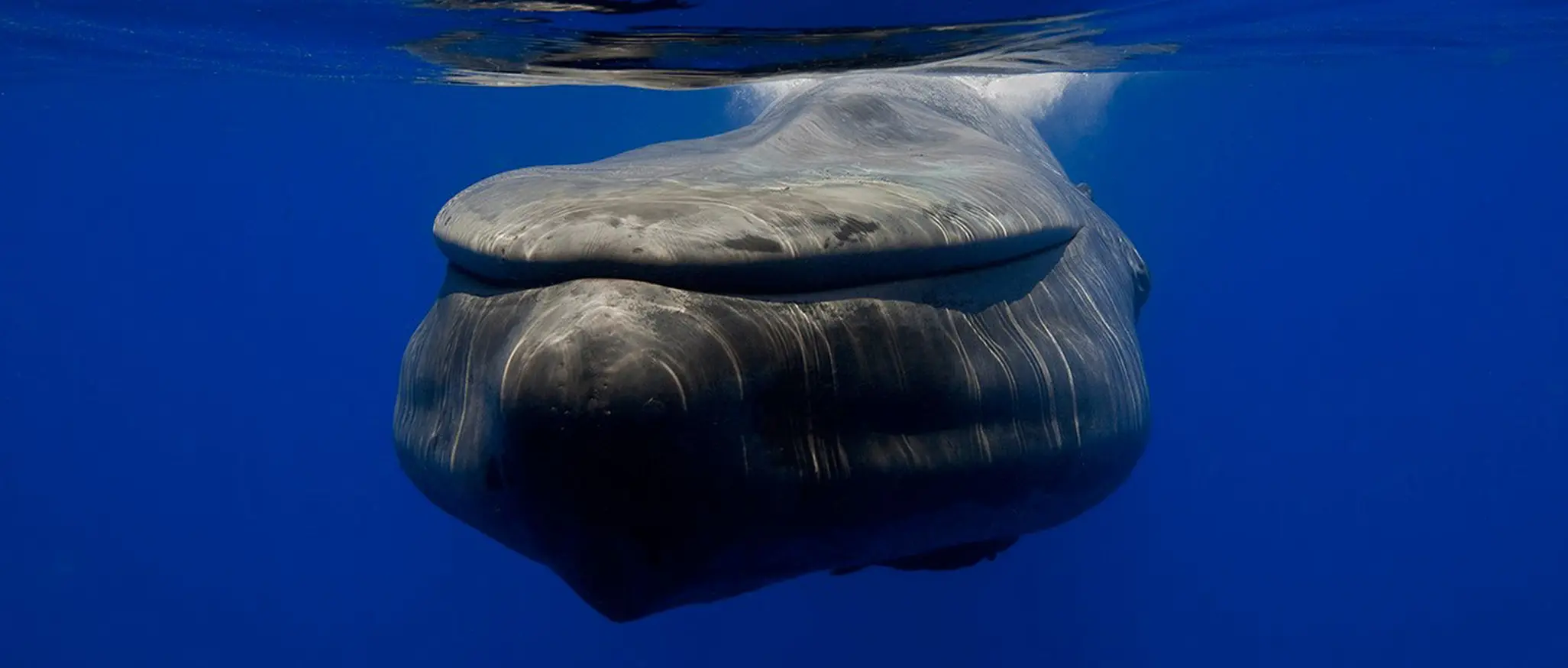
The Blue Whale Ambassadors will represent the philanthropic heartbeat of the Timor-Leste Marine Research Institute. Comprised of passionate individuals, organisations, and advocates, this esteemed group shares a commitment to preserving and sustaining marine environments. Just as cetaceans migrate through Timorese waters, our Blue Whale Ambassadors will span the globe, united by safeguarding the Coral Triangle’s biodiversity.
The waters surrounding Timor-Leste are often referred to as the Marine Superhighway. While porpoises and dolphins can be seen year-round, the star of the show is the Southern Blue Whale from October to December. Their migratory route takes them past Timor-Leste through the Wetar Strait between Dili and Atauro Island. This magnificent creature, nearing 30 meters in length, is the largest known animal to have existed.
The Circular Water Company: Founding Partner
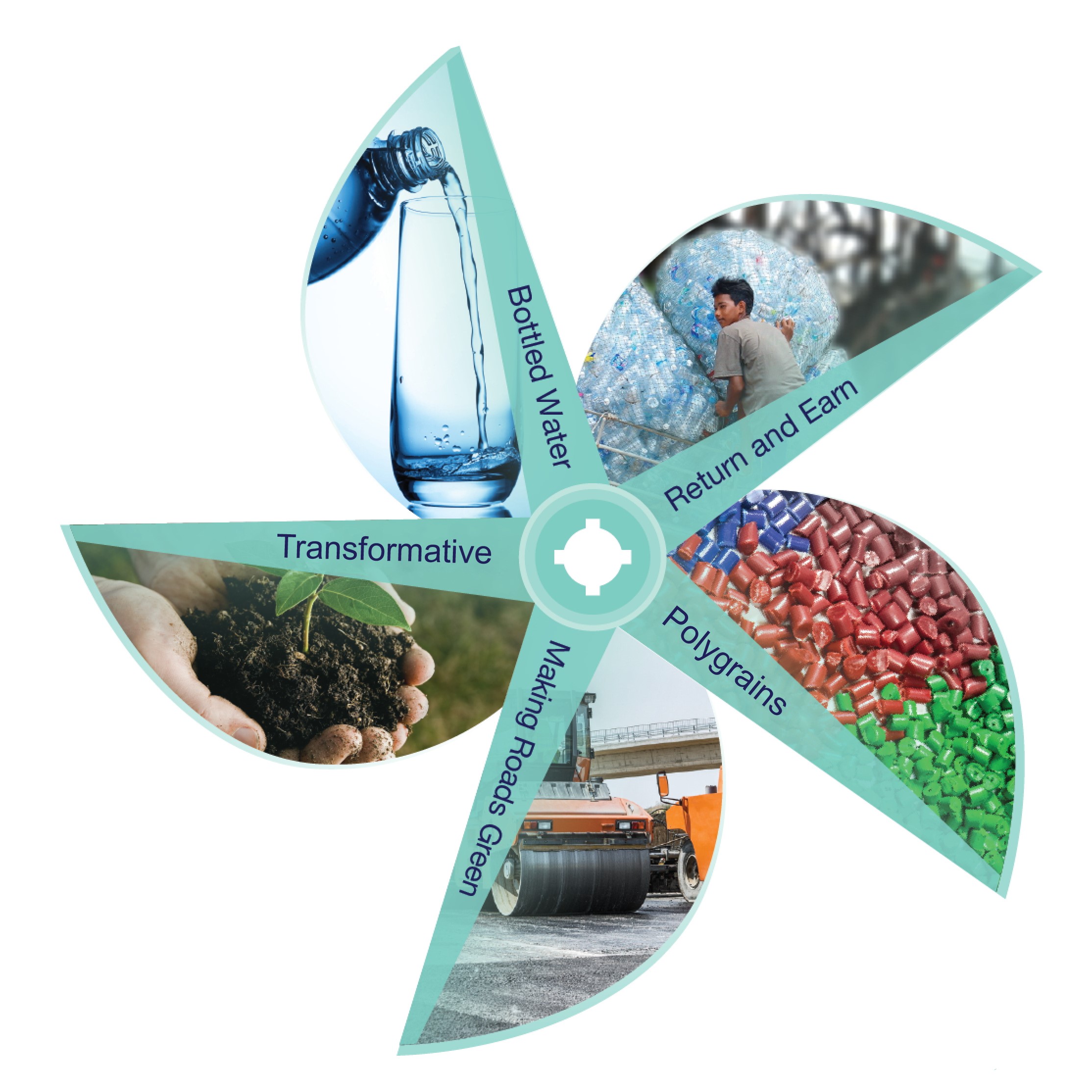
The Circular Water Company, is honoured to partner with Timor-Leste’s pioneering Marine Research Institute as the founding supporter of their Blue Whale Ambassadors.
While not scientists, we recognise the urgent need to promote marine research, and sustainability to address threats such as waste plastic pollution and climate change.
We aim to lead by example, mobilising action through programs like the Blue Whale Ambassadors. By bringing together experts, policymakers, and communities, we hope to drive progress in marine science and ocean stewardship.
We want to support the development of tangible solutions to protect the vital marine environments that we rely on.
Anna Candler
Managing Director
The Circular Water Company
Keep in Touch
We appreciate your interest and look forward to sharing updates on our progress in the coming months. Though the path ahead is long, we are privileged to take the first steps of this voyage with you.
We will be introducing an occasional newsletter to keep you informed as we build this Institute. Complete the form on this page, and you’ll be able to track our progress.
We invite you to join us on this transformative journey to create positive change through pioneering research, innovation, and stewardship of our marine resources.
